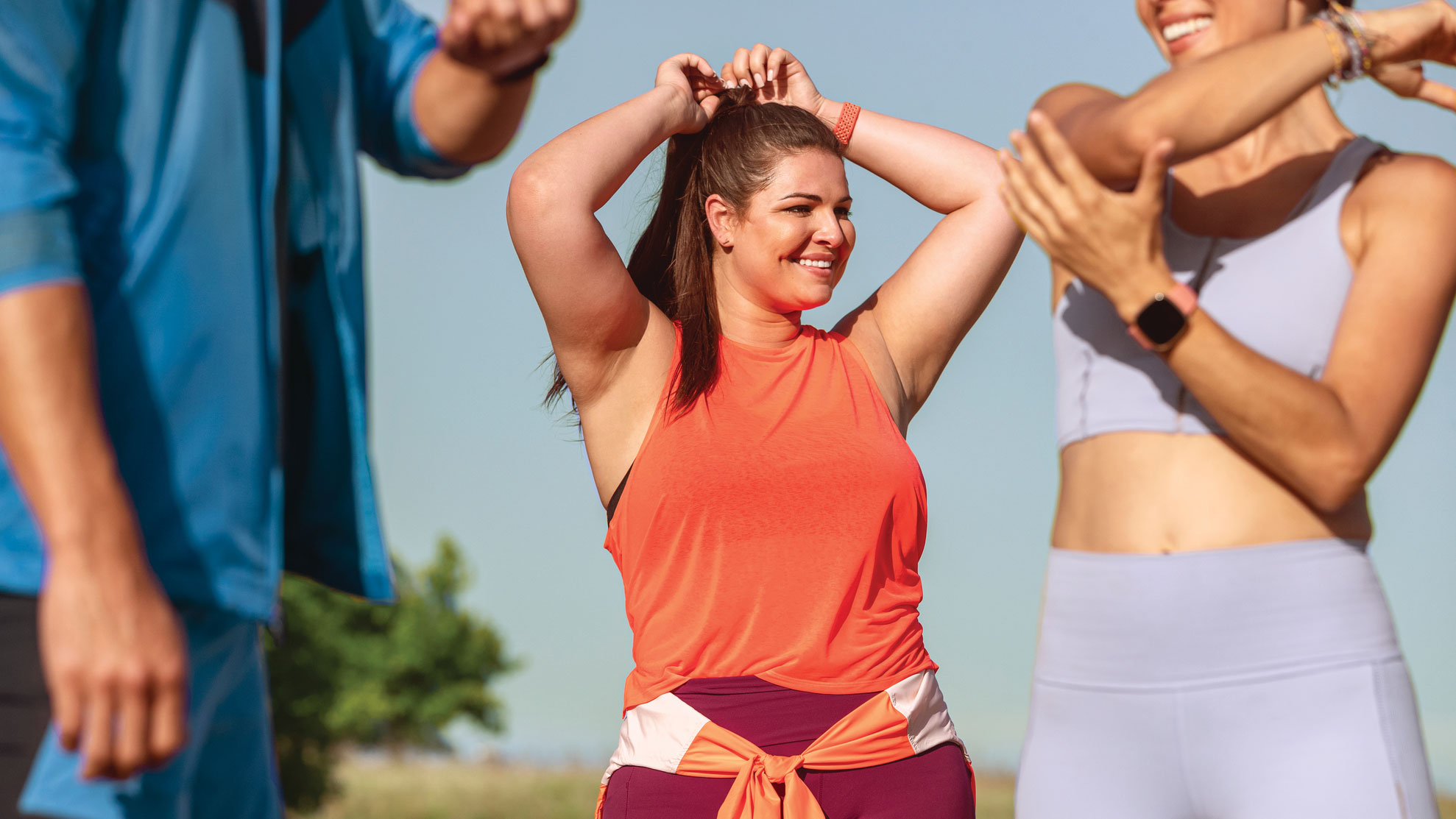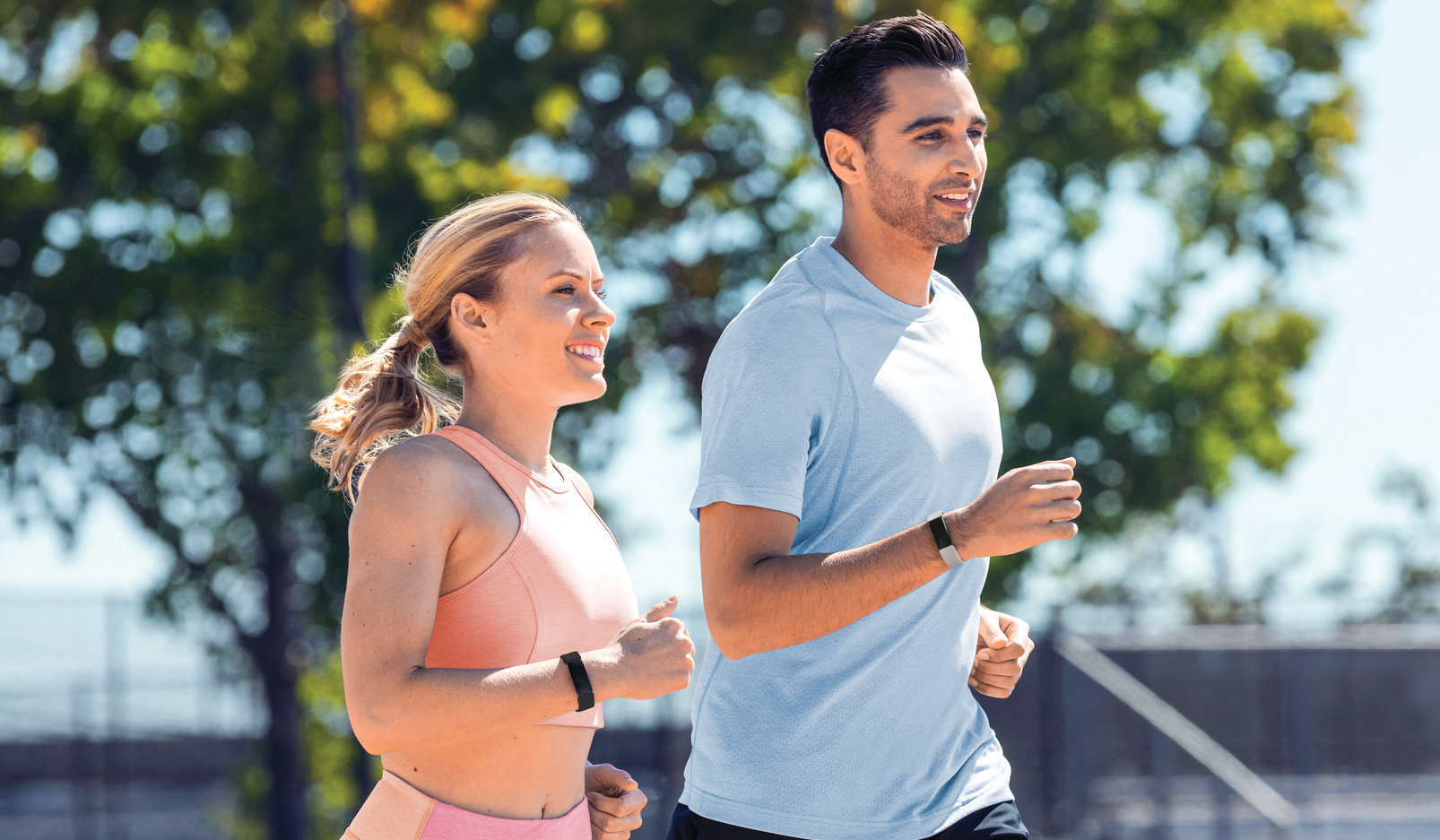Your Fitbit could save your life with this new skill. Your move, Apple Watch!
High-end Fitbits will be able to monitor your blood oxygen levels, checking for breathing abnormalities, in a blow to Apple


Start your week with achievable workout ideas, health tips and wellbeing advice in your inbox.
You are now subscribed
Your newsletter sign-up was successful
Fitbits are some of the most popular fitness trackers around right now, and with good reason: regardless of your budget or needs, there's a best Fitbit model for you.
However, while the no-frills bands from the Inspire range are "pure" fitness trackers, in that they don't carry much smartwatch functionality, the top-end Fibit Versa and upcoming Fitbit Sense models have eaten into the smartwatch market, competing with products like the Apple Watch.
- Want one? Browse our best Fitbit deals
- Check out cheap fitness tracker deals for the best Fitbit competitors
All the more advanced Fitbits are about to get a new tool to gain the edge over their rivals. The best Fitbits can already check your blood oxygen saturation levels, or SpO2 levels, and do so automatically while you sleep, adding the results to your restfulness score.
If you're breathing normally, your blood oxygen saturation levels remain steady, but low saturation could mean your airways are partially blocked while you sleep, which could let you know you're being affected by conditions like sleep apnea which are common in overweight individuals.
However, a new watch face called SpO2 Signature, which will be available for download on the Fitbit app, can go one step further. The watch face will automatically show your blood oxygen saturation, typically 95-100%, rather than forcing you to go looking for it in the app. This means you're immediately alerted if your breathing is irregular, or depriving your blood of oxygen, whenever you look at the watch.
This new functionality will be available on the upcoming Versa 3 and Fitbit Sense, as well as the Fitbit Versa 2, the original Versa, Versa Lite and Ionic.

Fitbit measures this through a pulse oximeter, a tool which measures the oxygen in your system by beaming wavelengths of light from a point on the back of the watch, examining your pulse. However, it's not the only medical marvel in Fitbit's arsenal.
Start your week with achievable workout ideas, health tips and wellbeing advice in your inbox.
Fitbit began a study this year to see whether its devices could detect early symptoms of coronavirus. The tech giant enrolled over 100,000 participants across the U.S. and Canada to wear the fitness trackers and attempt to pick up early signs of COVID.
Preliminary results are promising: the trackers detected nearly 50 percent of COVID-19 cases one day before participants reported the onset of symptoms. This was done with about 70 percent specificity, and is only due to get more accurate once the technology becomes more refined.
Matt Evans is an experienced health and fitness journalist and is currently Fitness and Wellbeing Editor at TechRadar, covering all things exercise and nutrition on Fit&Well's tech-focused sister site. Matt originally discovered exercise through martial arts: he holds a black belt in Karate and remains a keen runner, gym-goer, and infrequent yogi. His top fitness tip? Stretch.
